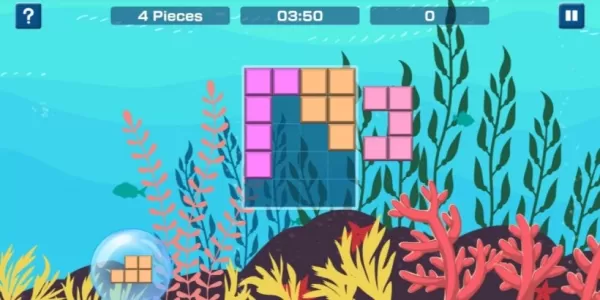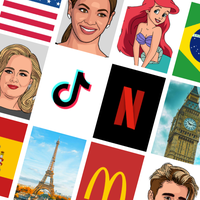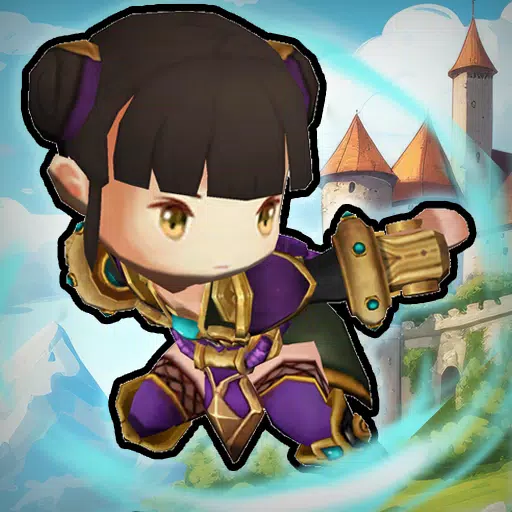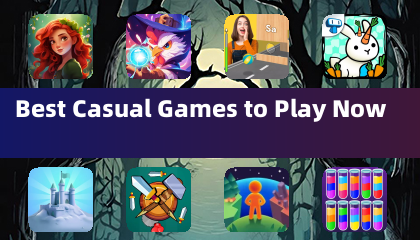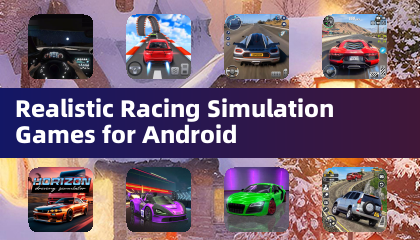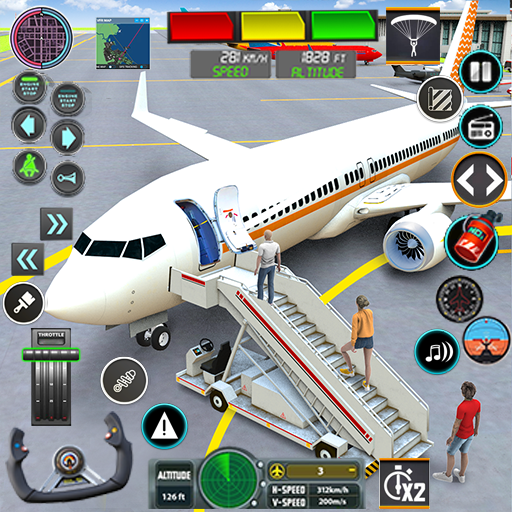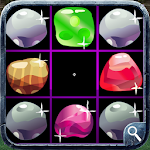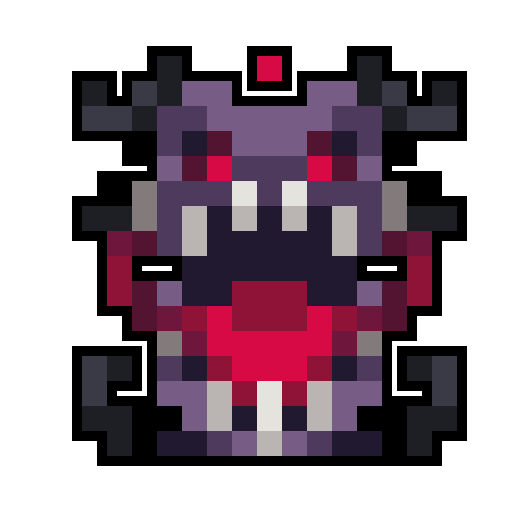At the recent Game Developers Conference (GDC), we had an in-depth discussion with John "Bucky" Buckley, the communications director and publishing manager for Palworld developer Pocketpair. This conversation followed Buckley's insightful talk at the conference titled 'Community Management Summit: A Palworld Roller Coaster: Surviving the Drop,' where he openly discussed the challenges Palworld faced, including accusations of using generative AI and copying Pokémon models, which have since been debunked. Buckley also touched on the unexpected patent infringement lawsuit from Nintendo, describing it as a "shock" to the studio.
Given the depth of Buckley's insights into Pocketpair's community management, we've decided to share the full extended interview here. For those interested in shorter summaries, you can find them at the provided links, covering topics such as the potential release of Palworld on the Nintendo Switch 2, the studio's response to the "Pokemon with guns" label, and the possibility of Pocketpair being acquired.
This interview has been lightly edited for clarity:
IGN: Let's start with the lawsuit you mentioned in your GDC talk. Has it impacted Pocketpair's ability to update and move forward with the game?
John Buckley: The lawsuit hasn't made it harder to update the game or move forward. It's more of a constant presence that affects the company's morale. It hasn't affected development directly, but it's something that everyone is always thinking about. Of course, we've had to hire lawyers, but that's handled by the top management, not the rest of us.
IGN: You seemed to dislike the "Pokemon with guns" moniker. Why is that?
Buckley: Many believe that was our goal from the start, but it wasn't. Our aim was to create a game similar to ARK: Survival Evolved, with more automation and unique creature personalities. The "Pokemon with guns" label emerged after our first trailer, and while it wasn't our preference, it's what stuck.
IGN: You mentioned not understanding why Palworld took off so quickly. Do you think the "Pokemon with guns" label played a role?
Buckley: Absolutely, it was a significant factor. However, it's frustrating when people assume that's what the game is without playing it. We'd prefer if people gave it a chance first.
IGN: How would you have described Palworld if you could choose the moniker?
Buckley: I might have called it "Palworld: It's kind of like ARK if ARK met Factorio and Happy Tree Friends." It's not as catchy, but it's more accurate.
IGN: You also discussed the criticism that Palworld was "AI slop." How did that affect the team internally?
Buckley: It was a massive blow, especially for our artists. The accusations are baseless and upsetting, particularly for our Pal concept artists. We released an art book to counter these claims, but it didn't have the impact we hoped for. Our artists, many of whom are female, prefer to stay out of the public eye, which makes it harder to refute these claims.
IGN: The industry is grappling with generative AI. How do you respond to the accusations?
Buckley: The accusations stem from a misinterpreted comment by our CEO and a party game we developed called AI: Art Imposter. These were taken out of context, but it's challenging to change public perception once it's set.
IGN: What's your view on the state of online gaming communities and social media's role?
Buckley: Social media is crucial for us, especially in the Asian market. However, online gaming communities can be intense, and while we can handle some criticism, death threats are unacceptable and illogical. We're deeply invested in the game, and it's frustrating when players don't recognize our efforts to fix issues.
IGN: Do you feel social media is getting worse?
Buckley: There's a trend of people saying the opposite just to get reactions. Luckily, Palworld has mostly avoided political and social controversies, focusing more on gameplay issues.
IGN: You mentioned that the majority of the criticism came from the Western audience. Why do you think that is?
Buckley: We're not sure. In Japan, opinions about us are split, and we focus on overseas markets with a Japanese flair. Maybe we were just easy targets at the time, but the criticism has since calmed down.
Palworld Screens
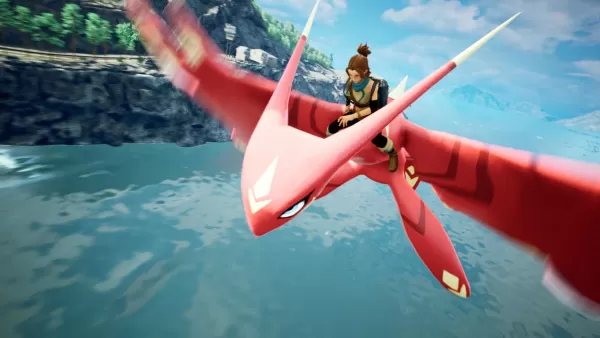
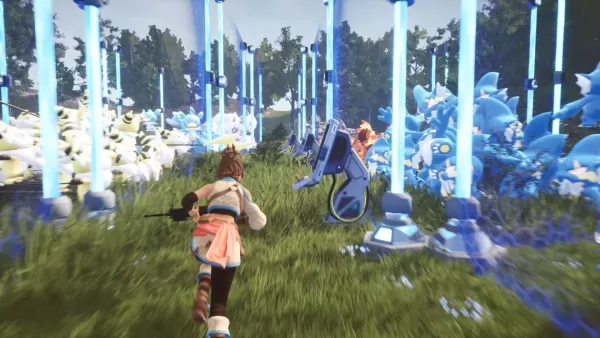 17 Images
17 Images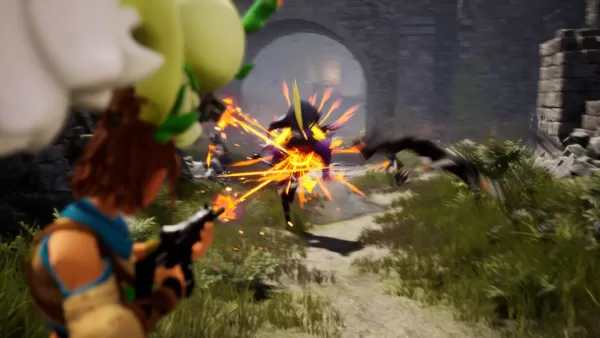
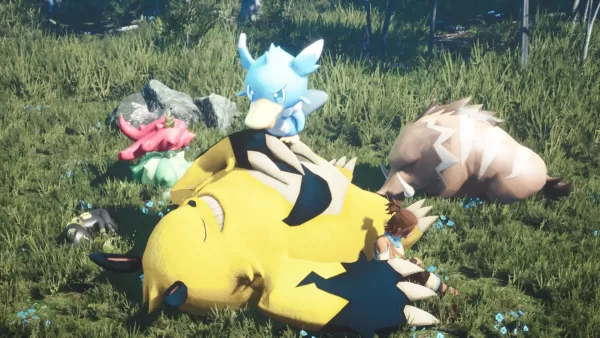
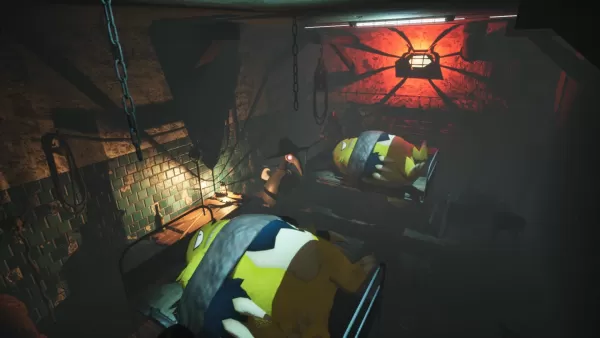
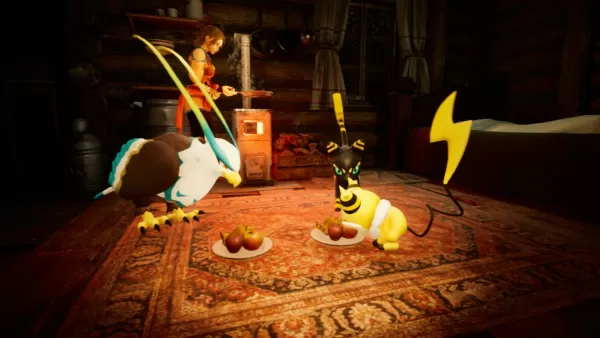
IGN: Palworld's success was unexpected. Has it changed how the studio operates or your future plans?
Buckley: It's changed our future plans, but not the studio's core operations. We're hiring more developers and artists to speed up development, but our company culture remains the same. Our CEO wants to keep the studio small, despite our growth to 70 people.
IGN: Do you anticipate supporting Palworld for a long time?
Buckley: Palworld isn't going anywhere. We're exploring its future form while also working on other projects like Craftopia. Palworld is now split into the game and the IP, with different trajectories.
IGN: There was a misunderstanding about a partnership with Sony. Can you clarify?
Buckley: We're not owned by Sony. That's a common misconception. Our CEO would never allow the studio to be acquired; he values independence.
IGN: Do you see Pokémon as a competitor?
Buckley: Not really. The audiences and systems are different. We focus more on other survival games like Nightingale and Enshrouded. Competition in gaming is often manufactured for marketing, and we're more concerned with timing than direct competition.
IGN: Would you consider releasing Palworld on the Nintendo Switch?
Buckley: If we could optimize it for the Switch, we would. We're waiting to see the specs of the Switch 2, but we're hopeful. We've had success optimizing for the Steam Deck.
IGN: What's your message to those who misunderstand Palworld without playing it?
Buckley: I think many people misunderstand the game based on news and drama. I encourage them to play it. We're considering a demo to give people a taste of what Palworld really is. We're not as "seedy and scummy" as some believe, and we're committed to protecting our team.
The internet often distills Palworld down to the "Pokemon with guns" meme, but there's much more to the game. Last year was exceptional for gaming, with many successful titles like Palworld, Black Myth: Wukong, and Helldivers 2. It was a year of high emotions and unexpected success.

